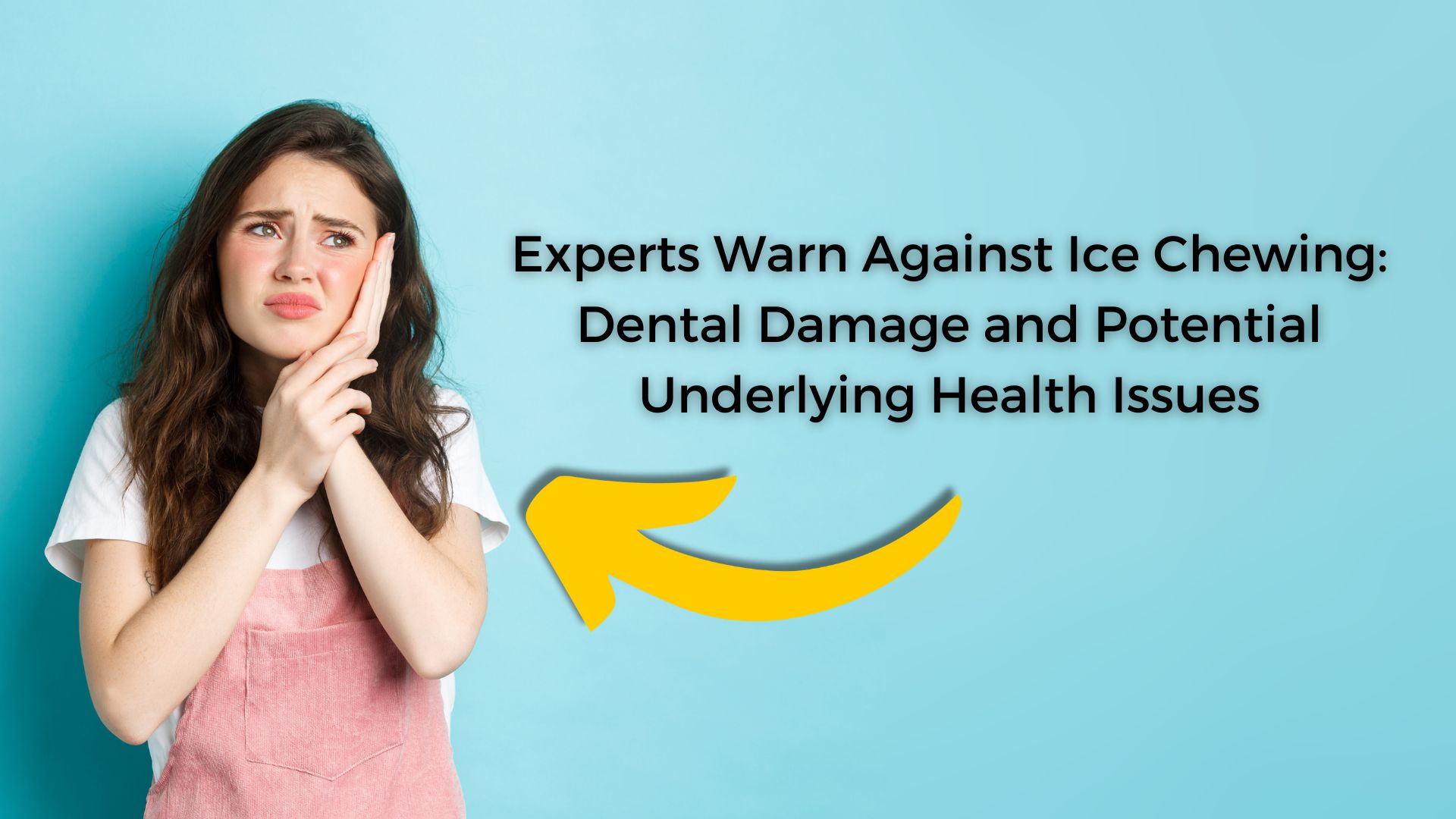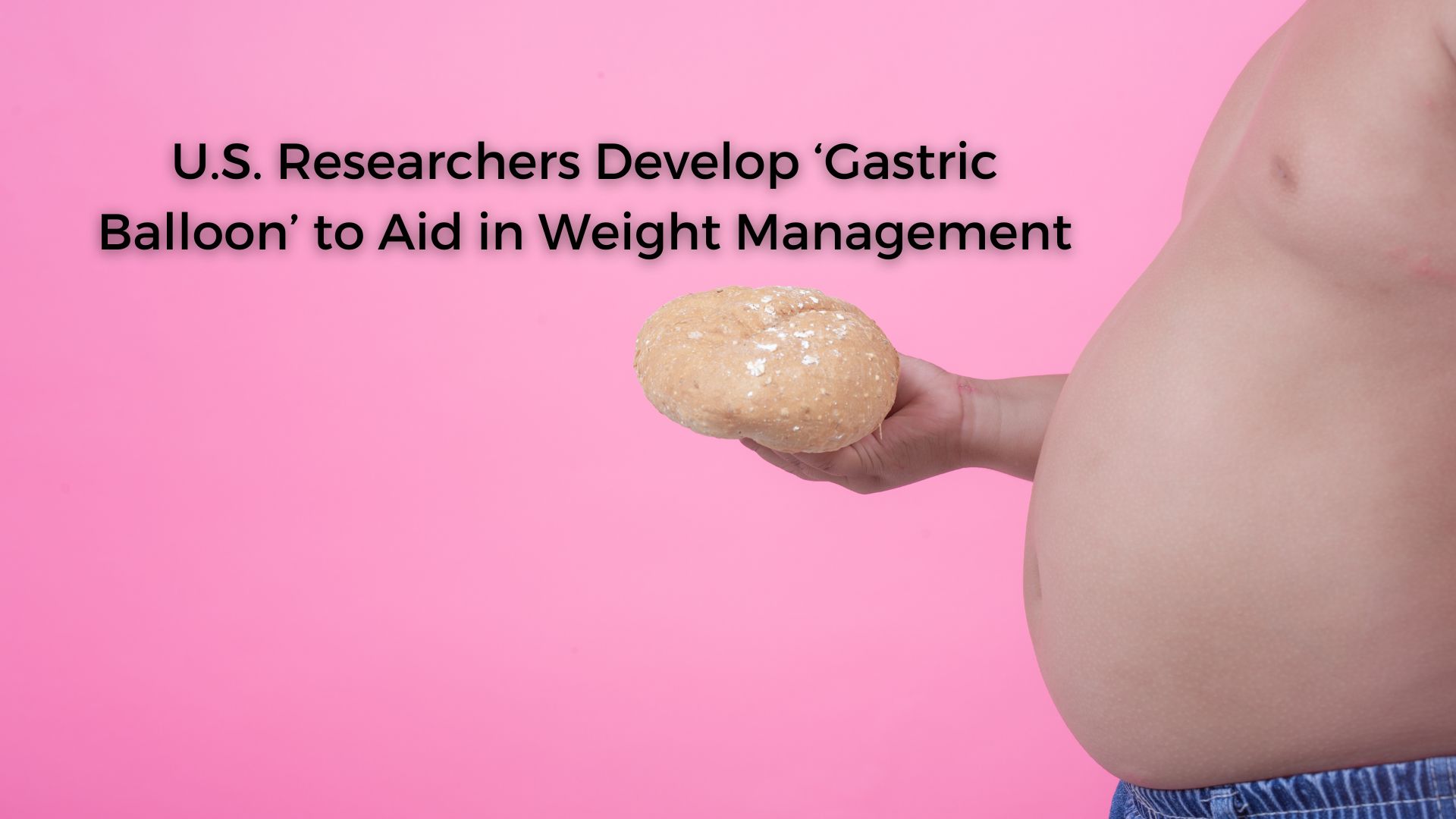
Experts Warn Against Ice Chewing: Dental Damage and Potential Underlying Health Issues
New York : Chewing ice, a habit often used to relieve stress or boredom, may seem harmless. However, oral health experts warn that this behavior can lead to serious dental damage, including chipped, cracked, or broken teeth. Additionally, it may indicate underlying health problems that require attention.
New York : Chewing ice, a habit often used to relieve stress or boredom, may seem harmless. However, oral health experts warn that this behavior can lead to serious dental damage, including chipped, cracked, or broken teeth. Additionally, it may indicate underlying health problems that require attention.
The Dangers of Chewing Ice
1.Dental Damage:
- Enamel Cracks: Chewing ice can cause micro-cracks in the enamel, the hardest substance in the human body, making teeth vulnerable to further damage.
- Chipped or Broken Teeth: Ice is hard enough to cause teeth, particularly weak or brittle ones, to chip or fracture over time.
- Tooth Sensitivity: Damaged enamel may expose the underlying dentin, leading to increased sensitivity to temperature changes.
2.Repetitive Stress on Teeth:
According to Holly Shaw, Assistant Professor at Columbia University's College of Dental Medicine, even the strongest enamel can deteriorate from repeated chewing of hard substances like ice.
Behavioral Patterns and Associated Risks
Chewing ice falls under a category of habits known as parafunctional oral activities, which include:
- Teeth grinding (bruxism)
- Lip or cheek biting
- Nail biting
- Sucking on fingers
These behaviors are often linked to stress, anxiety, and emotional factors, affecting up to 90% of individuals with high levels of emotional strain.
Underlying Health Concerns
In some cases, cravings for non-nutritive substances, such as ice (a condition known as pagophagia), may signal:
1.Iron Deficiency Anemia:
- Ice cravings are commonly associated with iron deficiency, which can result in fatigue, weakness, and other symptoms.
2.Nutritional Deficiencies:
- Other unusual cravings, such as eating dirt or paper, might indicate deficiencies requiring medical intervention.
Recommendation:
If you frequently chew ice or experience unusual cravings, consult with a healthcare professional to rule out underlying health issues.
Preventive Measures
1.Seek Health Guidance:
Speak to a dentist or doctor about your chewing habits and potential deficiencies.
2.Stress Management:
Address stress and anxiety with relaxation techniques, counseling, or stress-reduction activities.
3.Healthy Substitutes:
Replace ice with softer, less damaging alternatives like sugar-free gum or chilled fruits.
Conclusion
Chewing ice might seem like a harmless habit, but it can lead to significant dental problems and may indicate deeper health concerns, such as iron deficiency. If you or someone you know struggles with this habit, seek professional advice to address both the behavior and its potential causes.
For more detailed information:
Articles in this category are written by our editorial team to keep you informed about the latest healthcare and medical tourism news.

